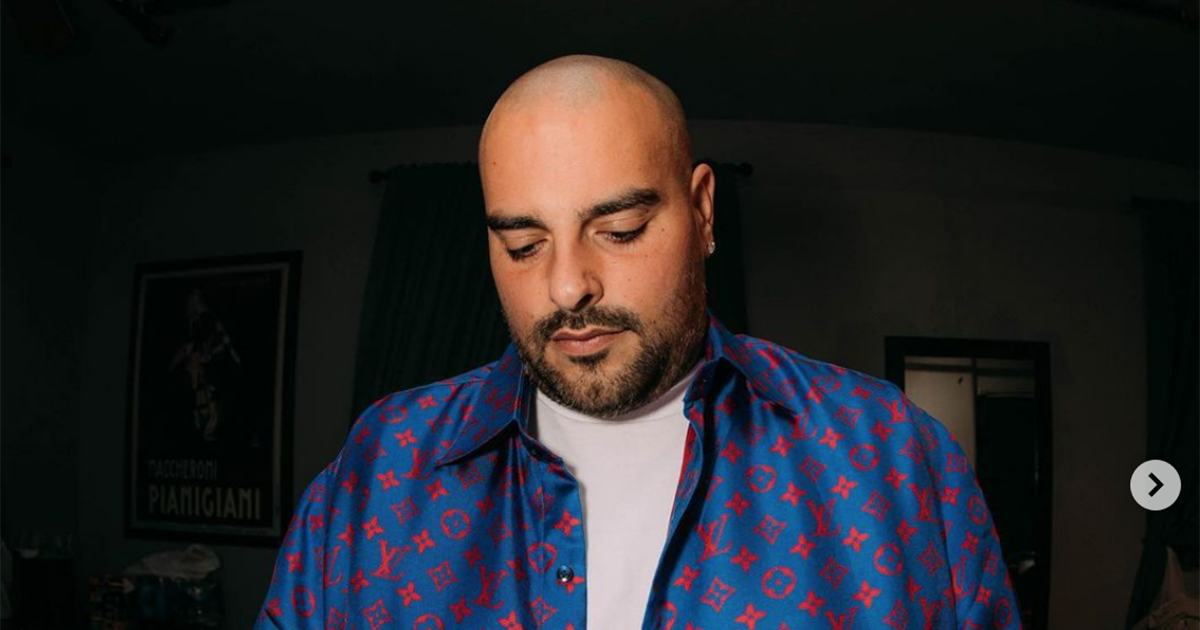Do Blood Tests to Detect Cancer Actually Work?
- San Francisco-based rapper Berner underwent surgery for cancer this week and took to Instagram to let fans know he's doing well post-op.
- He revealed last month that doctors discovered his cancer after a series of blood tests.
- Cancer detection company Grail made headlines recently with the release of Galleri, a multi-cancer early detection blood test. The company reports that the test has the ability to detect more than 50 cancers.
"I just wanna let you guys know I'm out of surgery, they said everything went well," he says in a video posted to Instagram. "I wanna thank you all for the prayers, the love, the positive energy, it means the world to me."
Read MoreView this post on Instagram
Berner's Cancer Diagnosis
The rapper and founder of Cookies cannabis dispensaries announced via Instagram on Oct. 13 that he was diagnosed with cancer. He didn't specify the stage or type of his cancer.
In the lengthy Instagram post accompanying a photo reading: "Time to fight!," he wrote that he was sharing his story in order to be transparent with his fans and followers.
"I wanted the people who got me where I'm at today to fight with me," he writes, adding that three weeks prior, his doctors found traces of cancer in a series of blood tests.
View this post on Instagram
On Oct. 13, the day he announced the troubling news, he wrote: "I went in for a procedure hoping to get off easy and found out I have a major fight ahead of me. If you know me, this has always been my biggest fear, but I am content with where I'm at and what I'm facing as well as every possible outcome."
Do Blood Tests to Detect Cancer Actually Work?
Berner says that his cancer was detected through a series of blood tests, and took the time to use his platform to encourage everyone to get these blood tests if they have a history of cancer in their families.
"I really want to encourage everyone to pay attention to their body and health," he writes. "If you have cancer in your family, there (are) blood tests you can take like I did to check for over 40 kinds of cancer. I'm so glad I did because knowing is half the battle."
While it remains unclear what type of blood test Berner received, cancer detection company GRAIL made headlines over the summer with the release of Galleri, a multi-cancer early detection blood test. The company reports that the test has the ability to detect more than 50 different forms of the disease. A study published in the Annals of Oncology in June found that Galleri had the ability to detect 45 types of cancer that lack recommended screening tests while still in the early stages of the disease.
Another interventional study conducted by the Mayo Clinic and published over the summer with 6,600 participants returned 29 signals that were followed by a cancer diagnosis. (The clinic helped with the development of the GRAIL blood test.) And another study the Circulating Cell-free Genome Atlas study found a less than 1% false positive rate. The Mayo Clinic will roll out its new cancer-detecting blood test by the end of the year, and doctors are calling it a “game-changer.”
Early detection is still the most powerful tool in fighting cancer, but the U.S. Centers for Disease Control and Prevention have only recommended screening tests for five forms of the disease breast, cervical, colorectal, lung and prostate. Galleri offers a way for medical professionals to screen for other cancers by analyzing the patient's blood.
The test works by analyzing blood samples for cell-free DNA, or cfDNA, which are degraded fragments of DNA expelled in the blood plasma after leaving the confines of the cell. Cancer patients have increasingly high cfDNA numbers because the tumors inside their bodies are shedding and depositing fragmented DNA into the bloodstream in large quantities.
The test also searches for evidence of methylation, a chemical change that occurs with the DNA in the earliest stages of cancer. If the test finds any abnormal methylation patterns in a patient's blood test, it would not only suggest that cancer is present, but also provide a location from which the cancer originated inside the body. This also provides clues to how far along the cancer is inside the body.
So, do these tests work?
In the most recent study, the Galleri test correctly determined cancer was present in 51.5% of cases. And the accuracy with which cancer was detected improved significantly with each cancer stage. The Galleri test was most successful in identifying liver, head/neck, esophagus and pancreatic cancer. It struggled to detect thyroid, prostate and kidney cancer.
Contributing: Chris Spargo
Learn more about SurvivorNet's rigorous medical review process.


